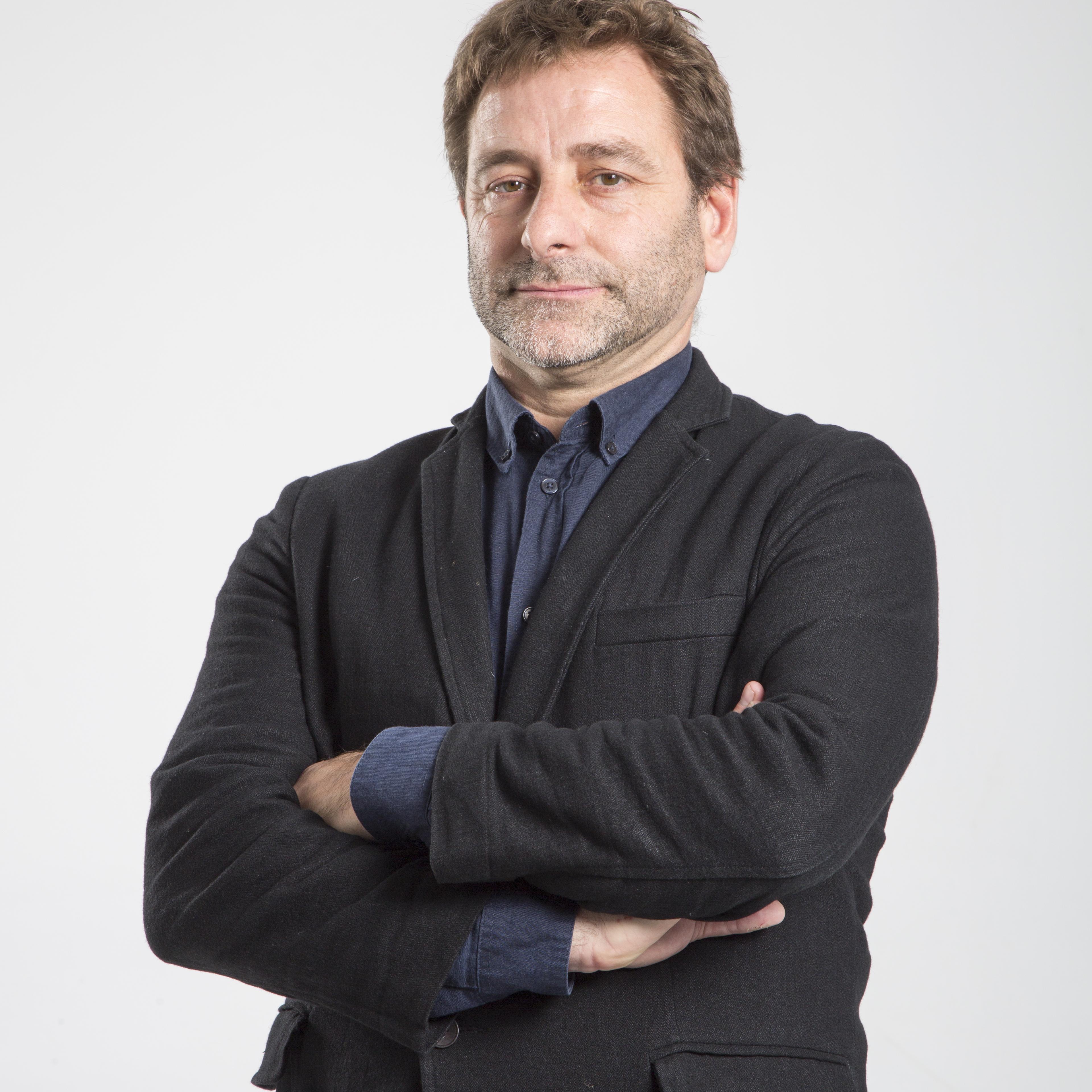
Non-profit organizations need a little extra push to go beyond writing about what they do and to start looking into the changes they generate, and even take a step further to dear and gather and size these changes, to measure their impact.
In the current times, when the COVID19 crisis is having strong economic and social impacts on people and on the public finances, non-profit organizations are making a crucial effort of contention and mitigation of emergent social needs and the challenges posed by this new situation.
In this new context, it is vital to know if the efforts being made by social organizations and entities are effectively bearing their fruits and, to do this, performing assessments is key.
Assessments are the way organizations can generate useful knowledge to allow them to answer questions on the functioning and the outcomes of their interventions. Only by assessing can organizations know if a programme they’ve implemented is responding to the needs of the people it is targeting, if the model of intervention is viable, if it is going to plan or whether it is having an impact on the aspects it was designed for; ultimately, only through assessments is it possible to generate knowledge that can then help improve interventions.
However, and as can be seen in the report “diagnosing the state of assessment of the third sector in Catalonia”, written by Ivàlua in collaboration with the Social Third Sector Table of Catalonia, assessments are often seen as a means of accountability or as a monitoring strategy. Following a set of indicators is essential to gain insight into how the interventions are deployed, but it is not enough to gather data on how a programme is functioning to really understand if it is really “working”. Non-profit organizations need a little extra push to go beyond writing about what they do and to start looking into the changes they generate, and even take a step further to dear and gather and size these changes, to measure their impact.
Today, some 40% of Catalan non-profit organizations consider they have a culture of monitoring, but not of assessment. This is largely due to the lack of human resources, but also and mainly financial resources, that make it difficult for organizations to have specialized staff that can dedicate time and means to carrying out these assessments. However, 74% of entities declare they have increased their assessments in the last two years and 90% intend to do so within the next two years.
These figures show that Catalan social entities are becoming more and more aware of how important it is to carry out assessments as a way to improve their interventions. But for this, especially these days, they need support.



Add new comment